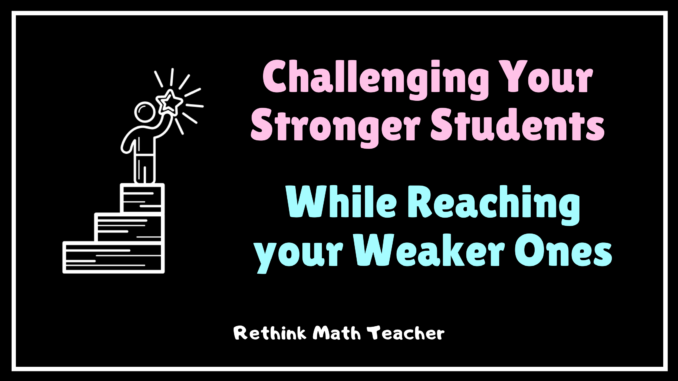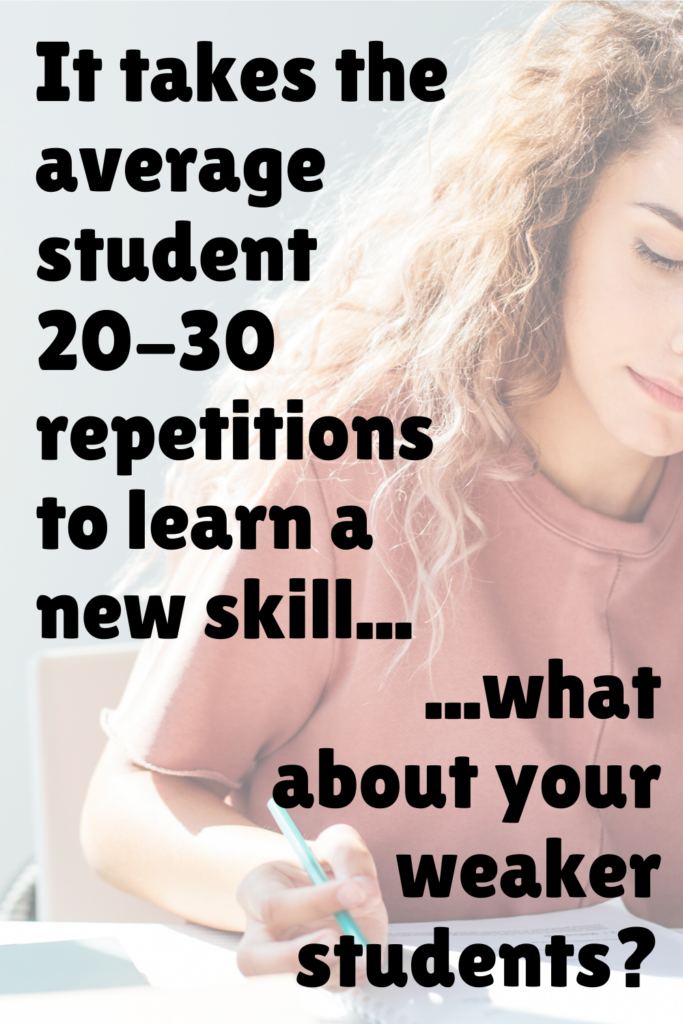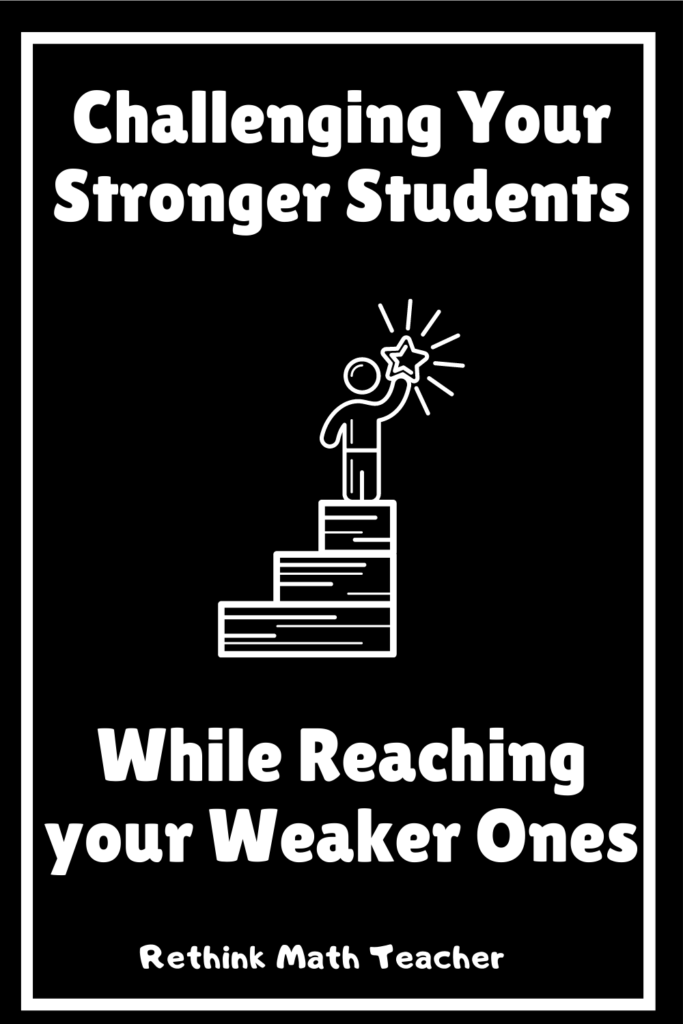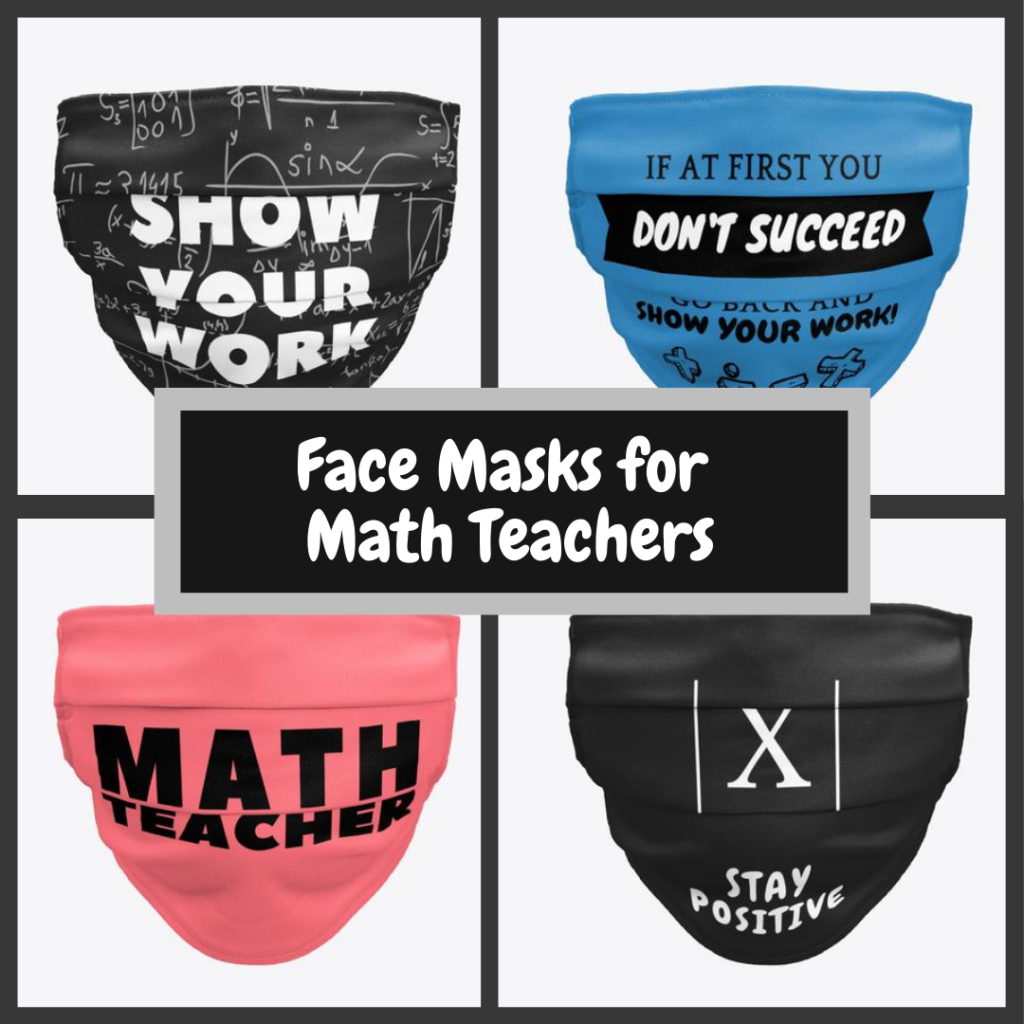
Jafar had finished all of his work. Having nothing to do, he began talking to the students around him. His teacher reminded him not to bother Lilly (a struggling student), and that if he was finished he had an extra worksheet to do. The extra worksheet was on the same skill as the first. Jafar didn’t need the practice, he had already mastered the concept. So he looked for other ways to amuse himself. Before class ended, he had been sent out of the room and an email was sent to his parents about his misbehavior.
The problem was not that he was misbehaving, nor was is that he wasn’t doing his work. Jafar’s issue was that he was working faster than the rest of the peers, and the teacher was unable to challenge him or keep him engaged with new, stimulating subject matter. Giving him more of the same wasn’t fair to him. But the teacher didn’t feel that she could spend her time attending to him and ignore the rest of the class.
Why the Traditional Model of Education has Failed
In the traditional teaching model we give all students the same instruction with the same amount of practice problems and then we keep them all in the same place regardless of whether or not they’re ready to move on or need more practice. Our stronger students are held back, board out of their mind as they’re forced to continue to work on something they already know how to do, and our weaker students are drug along, even though they can’t do the work and they need more help, they need more practice, but we don’t accommodate them because we’re factory lining our students.
What’s Average?
It takes the average person between 20-30 repetitions of a new skill to master it.
But that’s the average person. And you have many students in your class who are not average when it comes to learning math concepts. You will have some who are above average, requiring fewer repetitions to master the skill, and you will have several who are below average requiring many more repetitions to obtain mastery. How will you accommodate both?

We’re all Natural at Something
I pick up math concepts very quickly, it’s why I’m a math teacher – but it took me forever to learn how to surf. Way longer than most people, because I’m not a natural at it. For me to master that skill, I had to fail a lot, and it took a long time, but once I got it, I got it! But sadly, we’re not doing that in our math classes, we’re giving our students one tutorial, then a set number of practice problems, and then we move on. What if Jenny only needed 10 more practice problems, and she would have had it? What if Bobby only needed to make a few more mistakes, wrestle with it a few more days, and he’d understand. But in our traditional teaching model, we don’t give that to our students because everyone is forced to stay together as we move through the curriculum. What’s emphasized is the pacing, not the mastery.
You have students in your class who are natural musicians, they can pick up an instrument and learn it very quickly. Most math teachers don’t have this ability. Just because this student is taking longer to learn something in your math class doesn’t mean she’s dumb or a quitter. If you were in her guitar class, you would be struggling the same way she is struggling in your math class.
In the same vein, you have students who are great with technology, art, reading, athletics, or a host of other skills that you are not capable of quickly mastering. It’s important to keep this in mind as they are forced to learn math when they’d rather not, and they’re struggling because they need more practice than most people, and you aren’t giving it to them.
But How?
How can you reach your struggling students who need more practice repetitions than the rest of the class without punishing your stronger students by not allowing them to accelerate?
How can you remediate the weaker student, who’s unable to do the work because they never mastered a prerequisite skill in a previous grade, while allowing your high flyers to advance through the curriculum at a faster pace to keep them challenged and engaged?
How can you allow your students to practice a skill repeatedly, and remove from them the fear of making a mistake, and failing, so that they are free to truly wrestle with the material so they can fully grasp it?
How can you allow a student to remain on a concept for as long as they need, until the master it, without holding the rest of the class back?

The Answer
The answer to all of these questions, and so many more that will come as you wade through this new ideology about education is differentiation.
If you can correctly differentiate your instruction, you can allow your weaker students to spend longer on a skill than others, without holding your stronger students back.
You can remediate students based on the skills they failed to previously acquire that are preventing them from doing the work.
You can allow students to make mistakes, and take their time, and remain on once concept until they master it.
And you can push your high flyers forward as they move on to more challenging standards and curriculum without punishing the others.
Learn More about Differentiated Instruction





